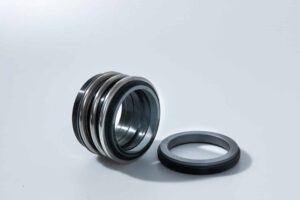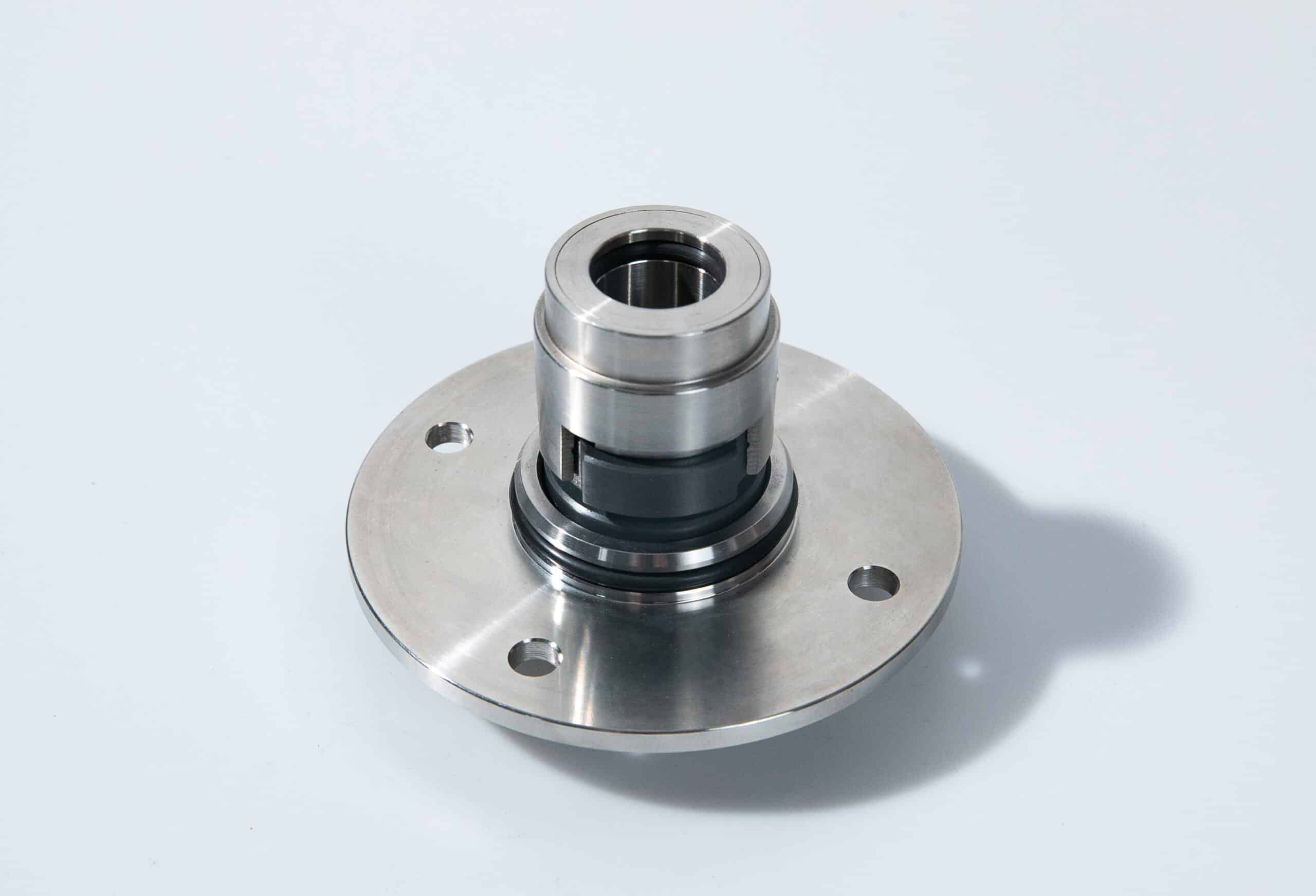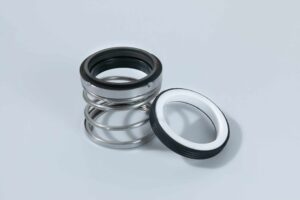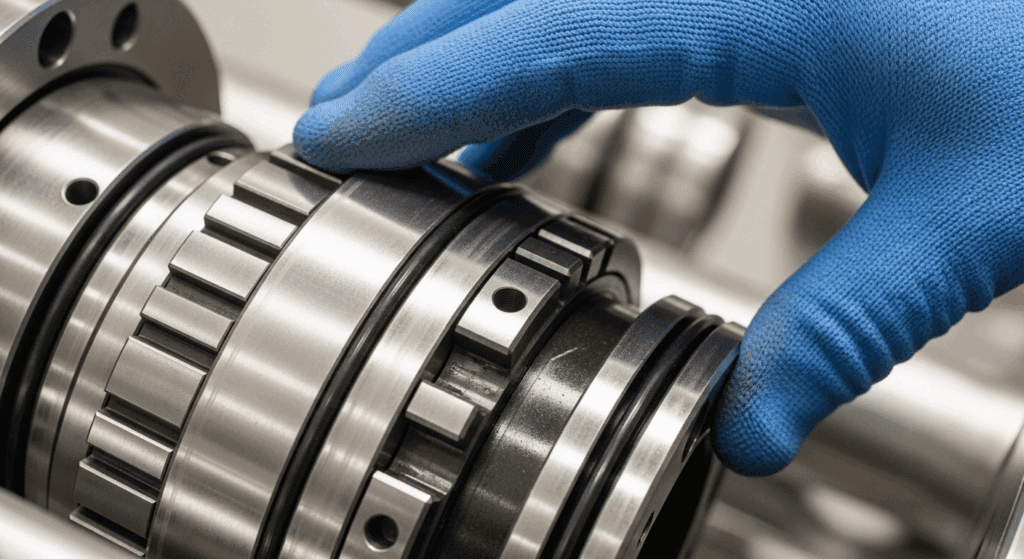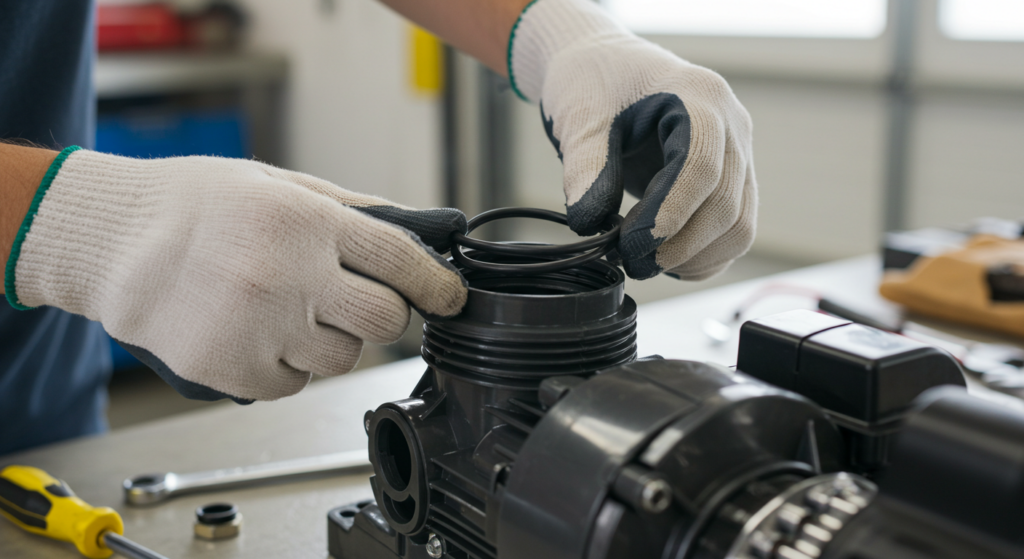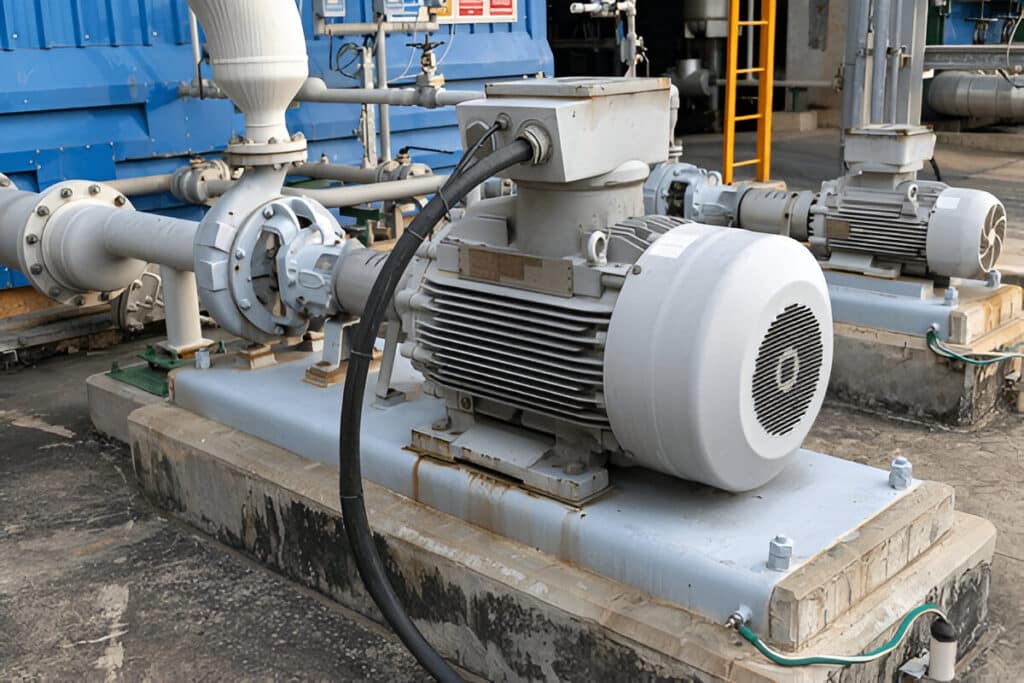A pool pump losing prime is a common issue faced by many pool owners. This article delves into the reasons behind this problem, offering step-by-step troubleshooting procedures and expert advice to help you maintain a well-functioning swimming pool pump.
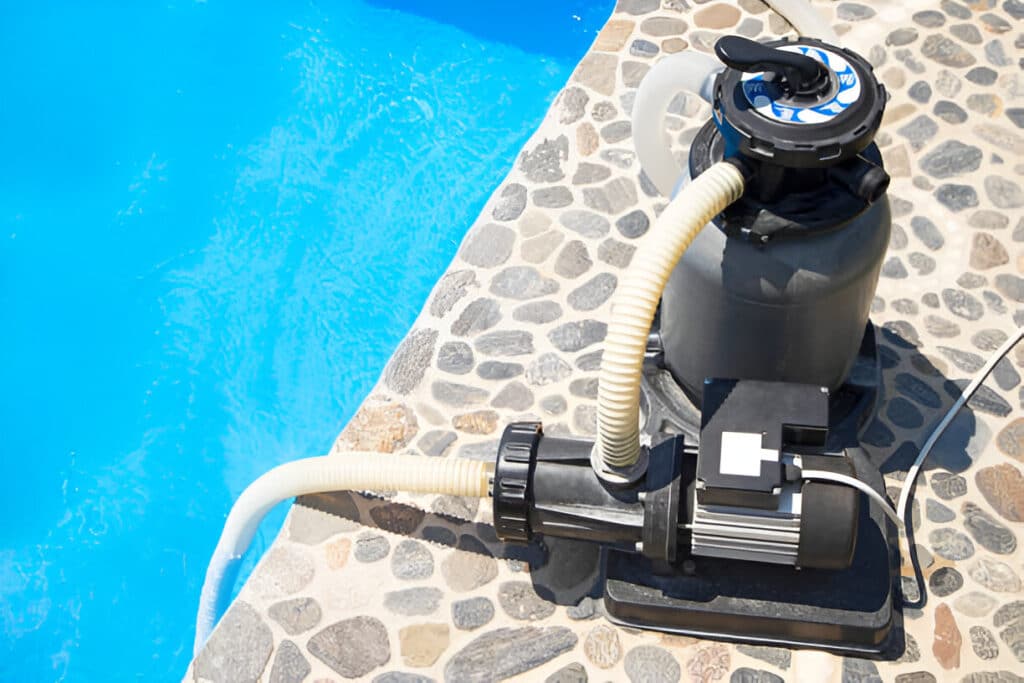
Pinpointing when and how the pump loses prime
1. Only when the pump shuts off
If the pump loses prime only when it shuts off, the likely culprit is a suction side leak. This could be due to a damaged pump lid O-ring, loose unions, or worn-out valves and pipe fittings. Inspect the pump basket lid and suction lines for any signs of leaks or damage.
2. While the pump is running
A pump losing prime while running suggests a more severe issue, such as a significant air leak in the suction side plumbing or a clogged pump impeller. Check the pump strainer basket, skimmer baskets, and the impeller for any obstructions or debris that may be hindering water flow.
3. Under specific circumstances (vacuuming, backwashing, etc.)
If the pump loses prime during specific activities like vacuuming or backwashing, the problem may lie in the multiport valve or the suction side valves. Ensure that all valves are fully open and not partially closed, which can restrict water flow and cause the pump to lose prime.
Common Causes of Pool Pump Losing Prime
1. Air leaks in the suction side plumbing
Air leaks in the suction side plumbing are the most common reason for priming issues. These leaks can occur in various places, such as:
- Pump lid O-ring: A damaged or improperly seated O-ring can allow air to enter the system, causing the pump to lose prime.
- Unions, valves, and pipe fittings: Loose or damaged unions, valves, or pipe fittings can create air leaks, disrupting the pump’s ability to maintain prime.
2. Low water level in the pool
A low water level in the pool can cause the skimmer inlet to suck in air instead of water, leading to priming issues. Ensure that the pool water level is always maintained at the appropriate level, typically halfway up the skimmer opening.
3. Clogged skimmer baskets, pump strainer, or impeller
Clogged skimmer baskets, pump strainer baskets, or impellers can restrict water flow, causing the pump to lose prime. Regularly clean these components to ensure optimal performance and prevent priming issues.
4. Stuck skimmer weir gate
A stuck skimmer weir gate can prevent water from flowing into the skimmer, causing the pump to draw in air and lose prime. Check the weir gate for any obstructions and ensure that it moves freely.
5. Worn-out pump seals, gaskets, and O-rings
Over time, pump seals, gaskets, and O-rings can wear out, allowing air to enter the system and causing priming issues. Inspect these components regularly and replace them as needed to maintain a properly functioning pool pump.
6. Electrical issues cause pump to overheat or shut off
Electrical problems, such as loose connections or a faulty capacitor, can cause the pump to overheat or shut off unexpectedly, leading to priming issues. Have a professional electrician inspect the pump’s electrical components if you suspect any problems.
Step-by-Step Troubleshooting Procedure
When faced with a pool pump that won’t stay primed, follow this step-by-step troubleshooting procedure to identify and resolve the issue.
1. Check pool water level and skimmer function
Begin by checking the pool water level and ensuring that it is at the proper height, typically halfway up the skimmer opening. A low water level can cause the skimmer to draw in air, leading to priming issues. Also, verify that the skimmer weir gate moves freely and is not stuck or obstructed.
2. Inspect the pump lid and suction side for air leaks
Carefully inspect the pump lid O-ring for any signs of damage or improper seating. A damaged or misaligned O-ring can allow air to enter the system, causing the pump to lose prime. Additionally, check all unions, valves, and pipe fittings on the suction side for leaks or loose connections.
3. Clean pump strainer basket and skimmer baskets
Remove and clean the pump strainer basket and skimmer baskets, ensuring that they are free of debris and obstructions. Clogged baskets can restrict water flow, leading to priming issues. Reinstall the baskets securely to prevent air from entering the system.
4. Examine the pump impeller for obstructions
If the pump strainer basket and skimmer baskets are clean, but the pump still won’t hold prime, the issue may lie with the pump impeller. Turn off the pump and remove the pump housing to access the impeller. Check for any debris or obstructions that may be hindering the impeller’s rotation and remove them if present.
5. Replace worn-out seals, gaskets, and O-rings as needed
Over time, pump seals, gaskets, and O-rings can deteriorate, allowing air to enter the system. Inspect these components for signs of wear and tear and replace them as necessary. This may require the assistance of a professional pool technician.
6. Check electrical connections and motor health
If the pump continues to lose prime after addressing mechanical issues, the problem may be electrical. Inspect the pump’s electrical connections for any signs of damage or loose wires. Also, consider having a professional electrician assess the motor’s health to ensure it is running properly and not overheating or shutting off unexpectedly.
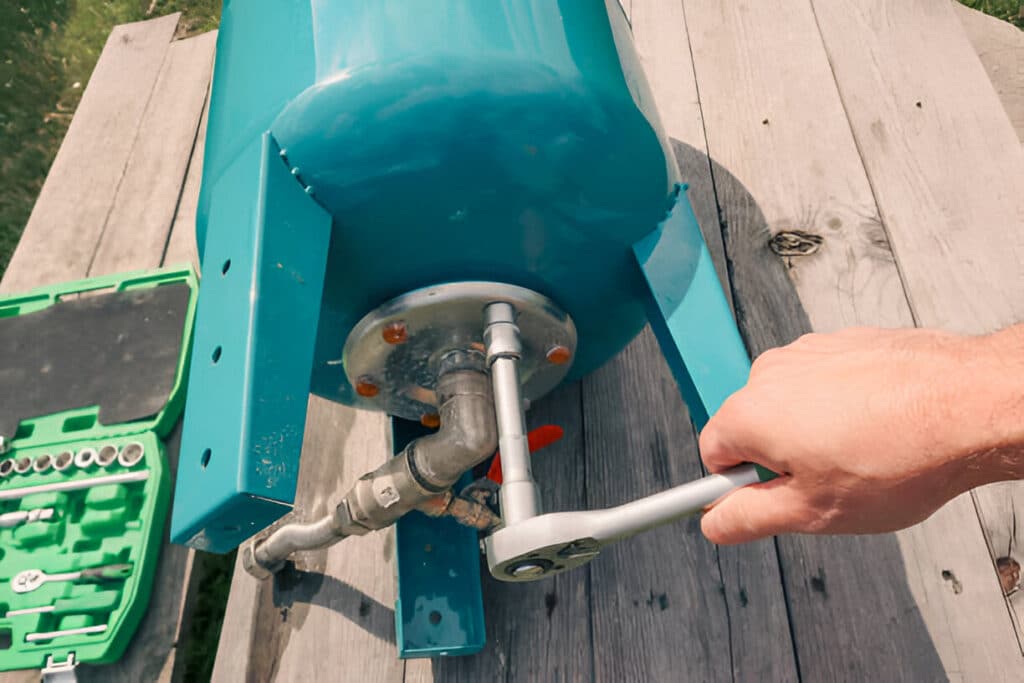
FAQs
Why won’t my pool pump hold pressure
If your pool pump is not holding pressure, it may be due to a suction side leak, a clogged pump strainer basket, or worn-out pump seals.
Why does my pool pump lose pressure after a few hours
A pool pump that loses pressure after a few hours of operation may be experiencing air leaks in the suction side plumbing. Inspect the pump lid O-ring, unions, valves, and pipe fittings for any signs of damage or loose connections.
Why won’t my pool pump stay primed
A pool pump that won’t stay primed can be caused by various factors, including air leaks in the suction side plumbing, low water level in the pool, clogged skimmer baskets or pump strainer, stuck skimmer weir gate, worn-out pump seals, or electrical issues. Follow the troubleshooting steps to identify and address the root cause of the problem.
Why does pump loses prime when turned off
When the pump is turned off, it loses its prime. This is often due to a faulty check valve or foot valve, which allows water to drain back into the pool. Inspect and replace these valves if necessary. Also, check for any leaks in the suction side of the plumbing.
Why does pool pump losing prime while running
If the pool pump loses prime while running, there may be an air leak in the system. Check the pump basket lid for proper sealing and inspect the o-ring for damage. Look for leaks in the suction side pipes and fittings. Ensure the water level is adequate and the skimmer baskets are not clogged with debris.
Conclusion
A pool pump losing prime can be a frustrating issue for pool owners, but with the right knowledge and troubleshooting approach, it can be resolved effectively. By understanding the common causes and following the step-by-step troubleshooting procedure, you can quickly identify and address the problem, ensuring that your pool pump remains in optimal working condition.
